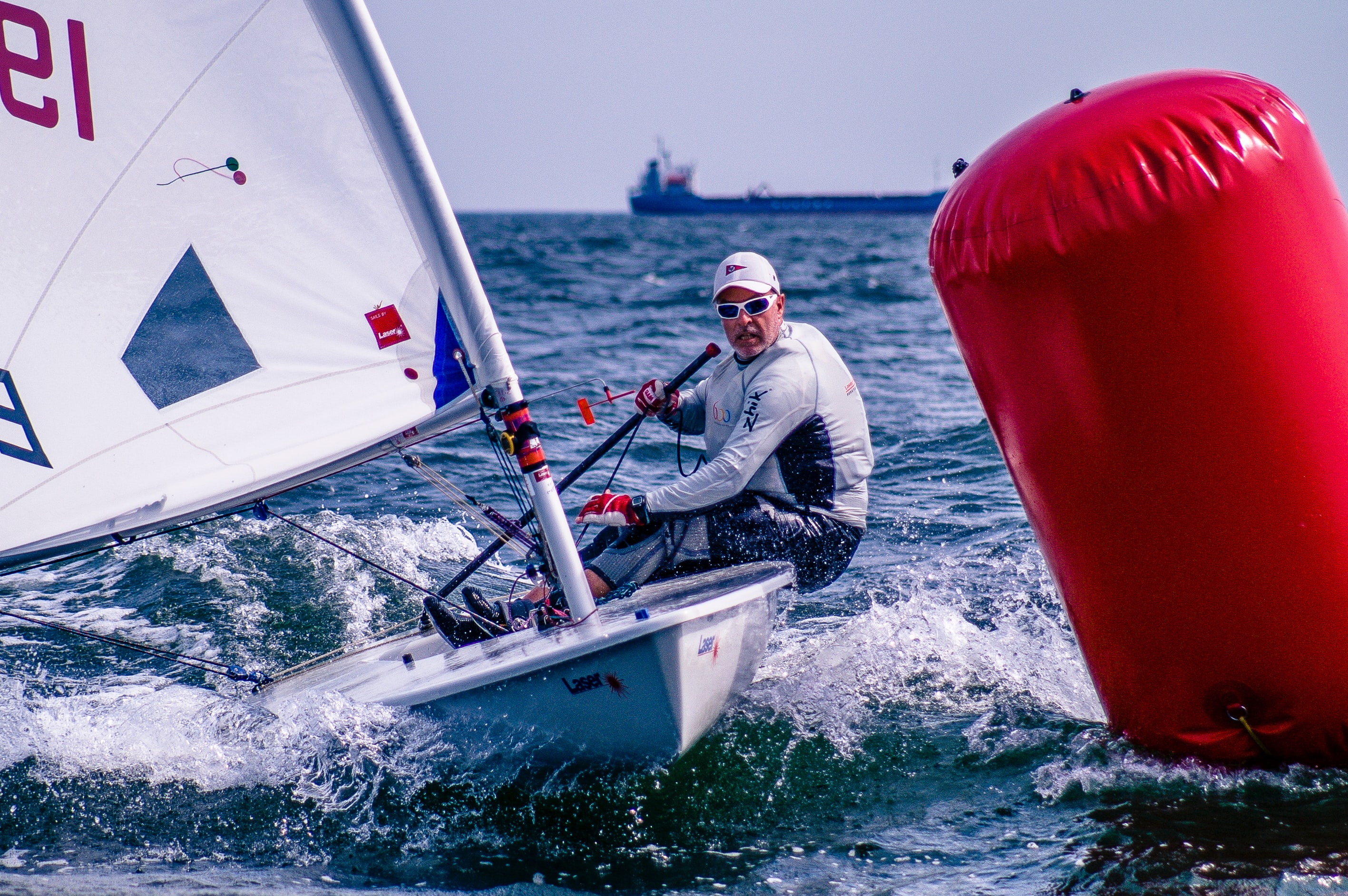There is a reason so many athletes make it in the commercial world after they retire. The concepts and discipline they learn are simple and universal… so why do we struggle to understand and implement them as mere corporate citizens?
A good friend is a Performance Coach for Australian Sailing and described to me the effort they go to learn from their mistakes. The race isn’t over at the finish line. The feedback loop is just kicking into gear as they go back to their notes and the drone and coach boat footage to review the information they had and the decisions they made. Why did they make those decisions? If they were presented with the same information again, would they make the same decisions?
They do this because they know that similar to us, they have a number of races in a regatta like we typically have a number of interactions in a negotiation. Not noticing and implementing the learnings from meeting 1 into meeting 2 is crazy when you think about it!
Feedback and learning loops are no less important for negotiating. We enter the room with an asymmetry of information and a strategy. However, when we leave the room we often mistakenly claim we are too busy to slow down and review, so instead soldiering on despite the signs of failure being there and in doing so persevere with a failing strategy.
Somehow the conflicting information coming back to us gets ignored and so our strategies don't evolve. Sometimes we don’t have the space to think, sometimes it can be because we have simply fallen so in love with our strategy that the strategy becomes our objective.
As negotiators we need to be wedded to our objectives and flexible about our strategy. We should be ready to ditch the strategy for something different the second it stops working.
So, how would we approach the creation and refinement of a negotiation strategy? We use the PODEL model:
- Problem – Define the problem before going into the room
- Options – Articulate the options and develop a strategy
- Do it – Bring your option/s to the negotiating table
- Evaluate – After leaving the table, ask yourself did we test our assumptions? Did the counterpart behave how we thought they would?
- Learn – What worked/didn't? Did new information surface that changes our position/strategy? What did we learn about their issues and flexibilities?
Without these learning loops we are simply throwing spaghetti strategies at the wall hoping that something will stick. The introduction of learning loops will give you significantly more control over how the negotiating process unfolds and how much time it takes you to get to the finish line!
Interested in improving your feedback and learning loops? The PODEL model is covered on our Scotwork Strategic Negotiating program (SSN). Here you study the wider context of negotiation, outside the negotiation room. You examine behaviours to decide which strategy to adopt. You use analytics to steer a path through complex negotiations. And you learn how to skilfully plan and prepare your teams in advance and how to debrief them effectively. Our SSN program is taking place in Sydney and Melbourne on 14th May. Secure your place today!
Happy negotiating!

